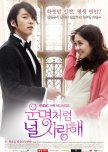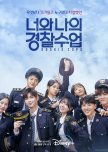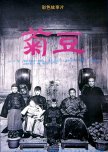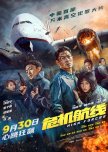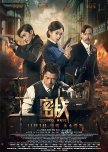The film will start with the decision of the central government to enter the Korean War and end with the signing of the armistice agreement. It will show the great deeds of the heroic people's volunteers in the war to resist US aggression and aid Korea in a panoramic and multi-level way. (Source: IMDb) Edit Translation
- English
- magyar / magyar nyelv
- עברית / עִבְרִית
- dansk
- Native Title: 志愿军:雄兵出击
- Also Known As: The Great Victory , Wei Da De Zhan Zheng Kang Mei Yuan Chao , 伟大的战争·抗美援朝 , 伟大的战争抗美援朝 , 伟大的战争·保家卫国 , 偉大的戰爭·抗美援朝 , 伟大的胜利
- Screenwriter & Director: Chen Kai Ge
- Screenwriter: Lan Xiao Long, Huang Jian Xin, Zhang Ke
- Genres: Drama, War
Cast & Credits
- Xin Bai QingLi Mo YinMain Role
- Arthur ChenSun XingMain Role
- Zhu Ya WenWu Ben ZhengMain Role
- Xiao YangZhao An NanMain Role
- Zhang You HaoYang San DiSupport Role
- Ou HaoZhang Xiao HengSupport Role
Reviews

A GREAT SACRIFICE, STILL WITHOUT OFFICIAL EXCUSES
"A nation should not meddle in the affairs of other nations. Do you believe the US will abide by this pact? If it does, the civil war in Korea is not a problem. If it goes to war, it will undermine China's internal security.""The great war" starts with the decision of Chinese central government to enter the "War in defense of Korea against US aggression" , with the great deeds of the heroic volunteers of the people in war to resist aggression and help North Korea, after the US and South Korean attack on Chinese territory too. This is the first film in a trilogy that adapts a series of 3 novels.
To be closer to the volunteer soldiers of the 1950s in terms of physical fitness and mental temperament, the 300 actors who played the roles of the soldiers underwent rigorous military training for a month, with war scenes shot with 8 cameras simultaneously by multiple sides.
To better adapt to the physical condition of Premier Zhou who worked all night and did not sleep during that period, Liu Jin who played him also changed his work and rest schedule.
Zhang Ziyi collected a lot of data and also visited elders who had served as simultaneous interpreters at the United Nations, and took English classes to practice British pronunciation.
The war to resist US aggression and help Korea was the founding battle of New China.
The film adopts a narrative strategy that develops at an internal and external level, of politics and war, first the USA and Russia, then Korea.
On a broader level, the film represents elements that have never been depicted before, such as Chinese representatives and their impassioned speeches at the United Nations General Assembly, to also make China's voice heard.
Actor Wu Xiuquan, representing the Chinese delegate, raising his hands at the United Nations General Assembly, exemplifies a relationship between national dignity and individual life, giving a frontal blow to the invaders on the battlefield.
Another praise that I would like to give to the film is the figure of Mao Zedong's son, Mao Anying played by a very good Wei Daxun, one of the Chinese martyrs of this war (where China emerged from 38 years of civil war and an aggressive foreign), who died on the battlefield while sending telegraphic messages and various communications and who was buried in Pyongyang.
The topic of the movie is something that deeply interests me, and i am happy that i t shows with great impact that Chinese victims are all aged between 18 and 30.
It's one of those films that makes me love China even more and their patriotic spirit to the maximum, ready to sacrifice and fight, because without a homeland there is no home.
Was this review helpful to you?
Recommendations
There have been no recommendations submitted. Be the first and add one.

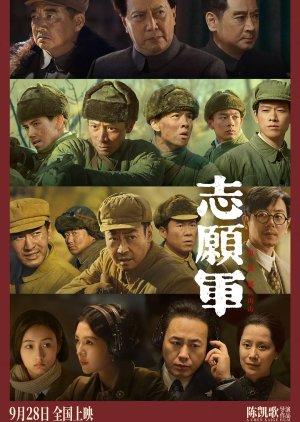






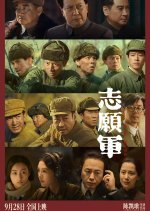
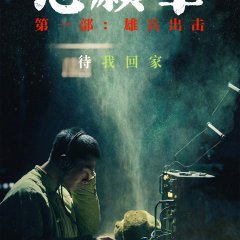
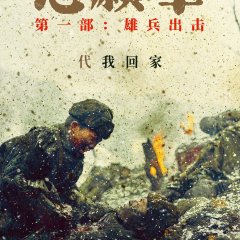
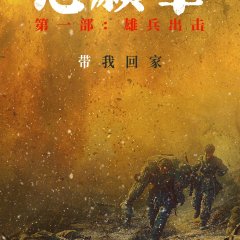
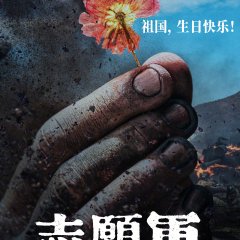
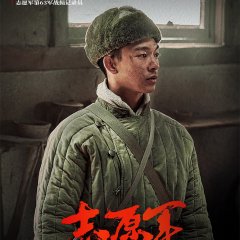



![Movies List [Completed]](https://i.mydramalist.com/WNPopt.jpg)
![Movies List [Completed]](https://i.mydramalist.com/1Qkgbt.jpg)
![Movies List [Completed]](https://i.mydramalist.com/4p67wt.jpg)
![Movies List [Completed]](https://i.mydramalist.com/rZmlD_4t.jpg)
![Movies List [Completed]](https://i.mydramalist.com/WN7nRt.jpg)
